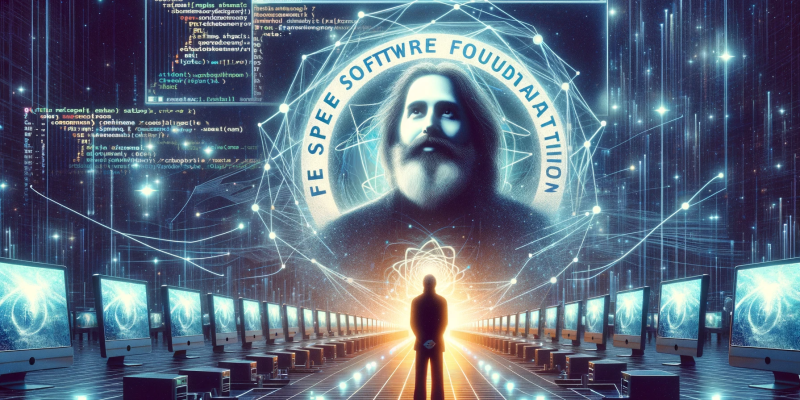El març de 1989, l’enginyer britànic Tim Berners‑Lee va presentar al CERN el protocol que esdevindria la World Wide Web. En lloc de patentar‑la, la va alliberar perquè tothom pogués compartir coneixement sense fronteres. Aquell gest va encendre la flama d’un Internet obert, descentralitzat i profundament humà que va impulsar avenços científics, culturals i econòmics sense precedents
How to Keep Your Art Out of AI Generators and the Potential for Hacking AI Systems
As AI technologies advance, the risk of unauthorized use of digital art by AI generators has become a significant concern for artists. This article explores practical steps artists can take to protect their work from AI scraping and delves into how these strategies might be exploited to hack AI learning systems. By understanding the mechanics of AI training and employing robust protective measures, artists can safeguard their creations while contributing to the broader discourse on ethical AI development.
Shielding Small Businesses from Ransomware: A Strategic Guide
Ransomware poses a significant threat to small businesses due to their often limited cybersecurity resources. This article provides a comprehensive strategy for small business owners to protect their digital assets from ransomware attacks, including preventive measures, employee training, and response planning.
The Rise of Technofeudalism: Exploring Digital Dominance in the 21st Century
Technofeudalism is a concept that has gained traction in recent years, especially as digital technologies increasingly shape economic and social structures globally. This term is used to describe a new socioeconomic system where control over technology—and by extension, over economic and societal norms—is concentrated in the hands of a few tech giants. This article explores the origins, implications, and critical responses to the concept of technofeudalism.
The Free Software Movement: A Comprehensive Exploration
This article provides an in-depth analysis of the free software movement, exploring its origins, principles, and impact. Highlighting the significant contributions of Richard Stallman and the Free Software Foundation, it delves into the philosophical underpinnings and ongoing relevance of this movement in the digital age.
The Legality of Owning a Computer with Kali Linux: Navigating Freedom and Responsibility
In the cybersecurity realm, Kali Linux stands as a legal, open-source operating system used for ethical hacking and penetration testing. While owning a computer with Kali Linux is lawful, its use becomes illegal if employed for unauthorized hacking, known as black-hat hacking. Users must obtain proper authorization for ethical hacking, distinguishing legal practices from illicit activities. Misconceptions about Kali Linux persist, underscoring the need for public awareness about its legitimate and professional applications.
Navigating the Privacy Paradox: The Risks and Realities of Central Bank Digital Currencies (CBDCs)
Central Bank Digital Currencies (CBDCs) represent a significant evolution in the landscape of monetary policy and digital finance. While they offer numerous advantages such as financial inclusion and improved efficiency in transactions, CBDCs also introduce complex challenges regarding individual privacy. This article delves into the nuanced implications of CBDCs for personal privacy, exploring potential risks and how they might reshape the relationship between individuals, financial institutions, and governments.






